- Physical Development: This involves the development of motor skills and coordination. It includes skills like spatial awareness, gross and fine motor skills, and physical growth (muscle strength).
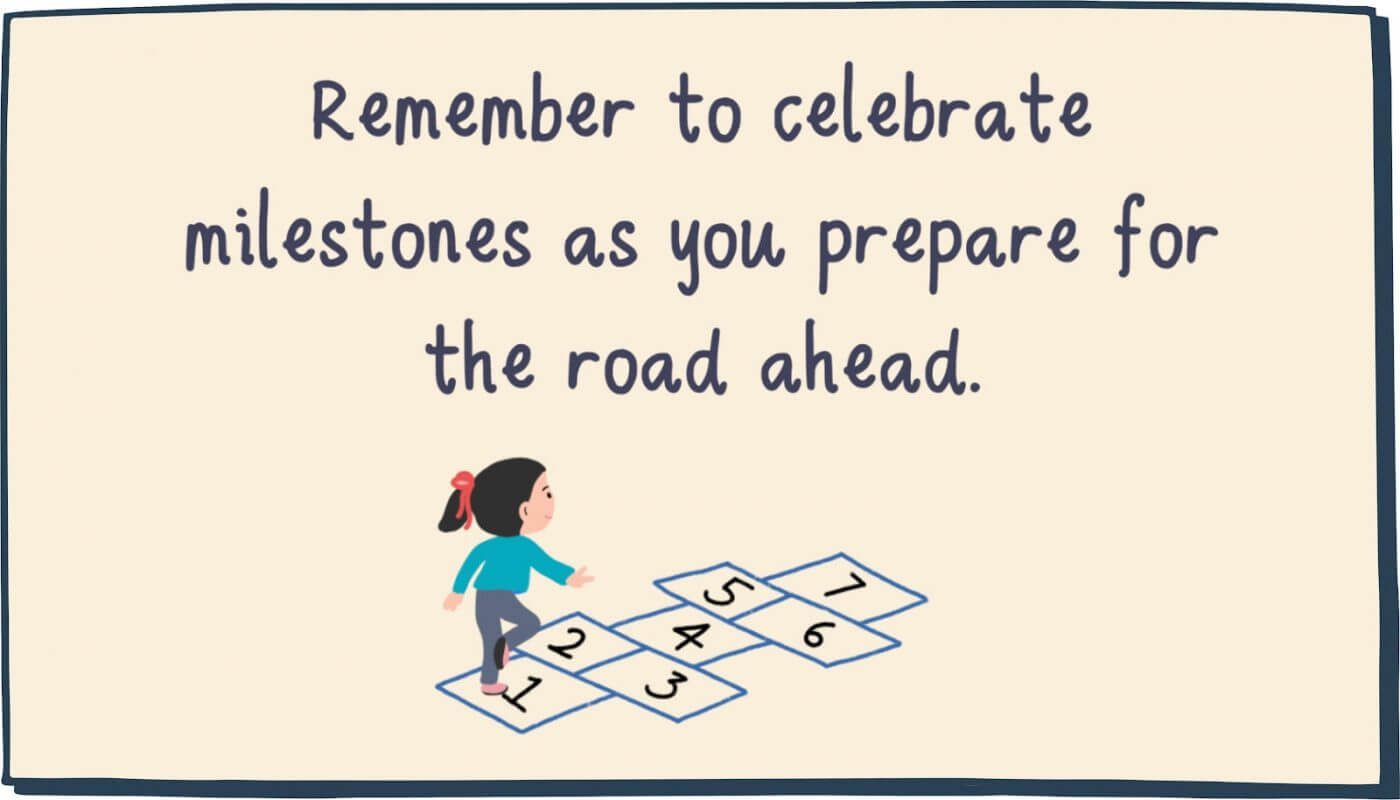
Remember to celebrate milestones as you prepare for the road ahead…
The first six years of your little one’s life, from mommy’s womb to going to school, are incredibly important. In fact, it’s during these initial five years that your child’s brain size nearly catches up to that of a typical adult brain. We all know kids grow and develop, but have you ever wondered what the word “develop” really means and how children actually go about it?
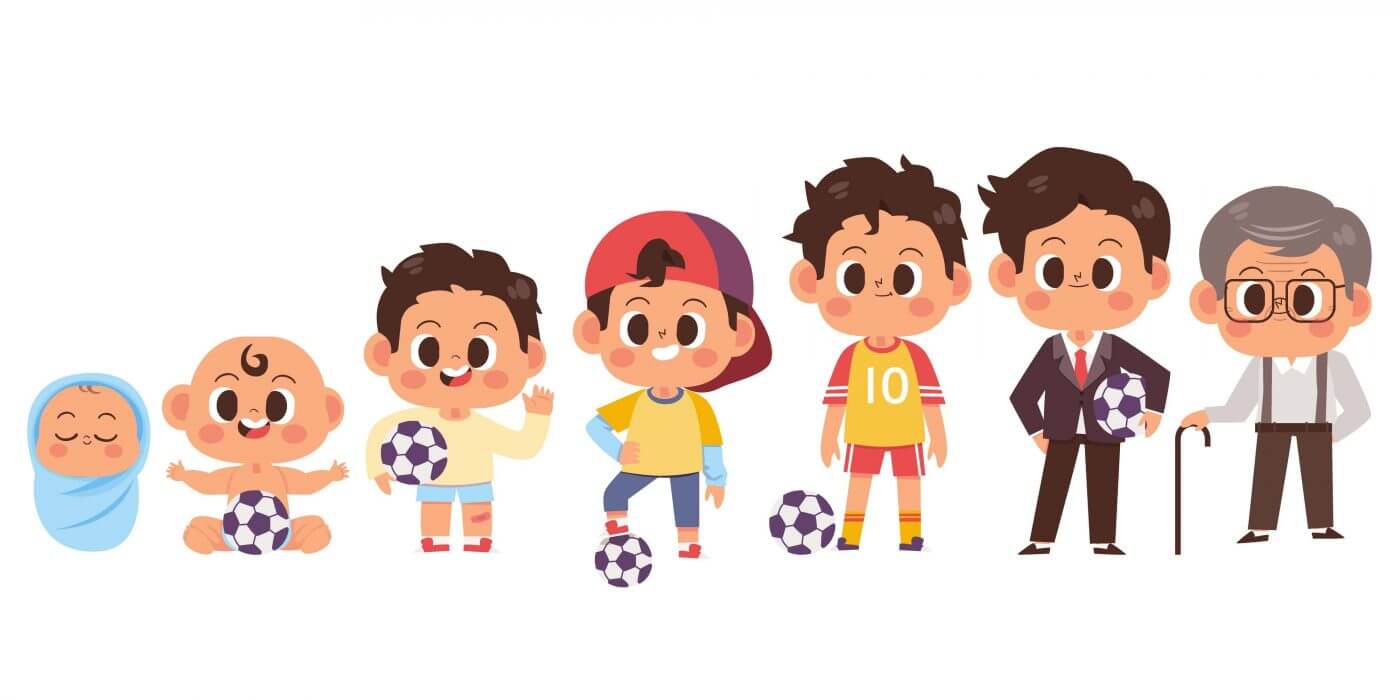
According to the Oxford Dictionary, “develop” means “to gradually grow and become bigger, more advanced, stronger, etc.” So, just as the word suggests, we expect our little ones to grow bigger, stronger, and more skilful each day. Picture this: children’s growth is like climbing a mountain, a steady, ongoing process that takes baby steps. Of course, the pace may differ from child to child. Just like when climbing a mountain, some kids might acquire certain skills faster than others. And that’s okay! These differences could be due to their personalities, culture, home environments, or parenting styles.
When climbing a mountain, there are markers or trail blazes that keep you on the right path. Similarly, there are benchmarks for child development called “Developmental Milestones.” These milestones highlight observable skills that most children typically develop within certain timeframes. We can systematically categorise children’s development into four main areas: Physical Development, Cognitive Development, Social and Emotional Development, and Language (and Communication) Development.
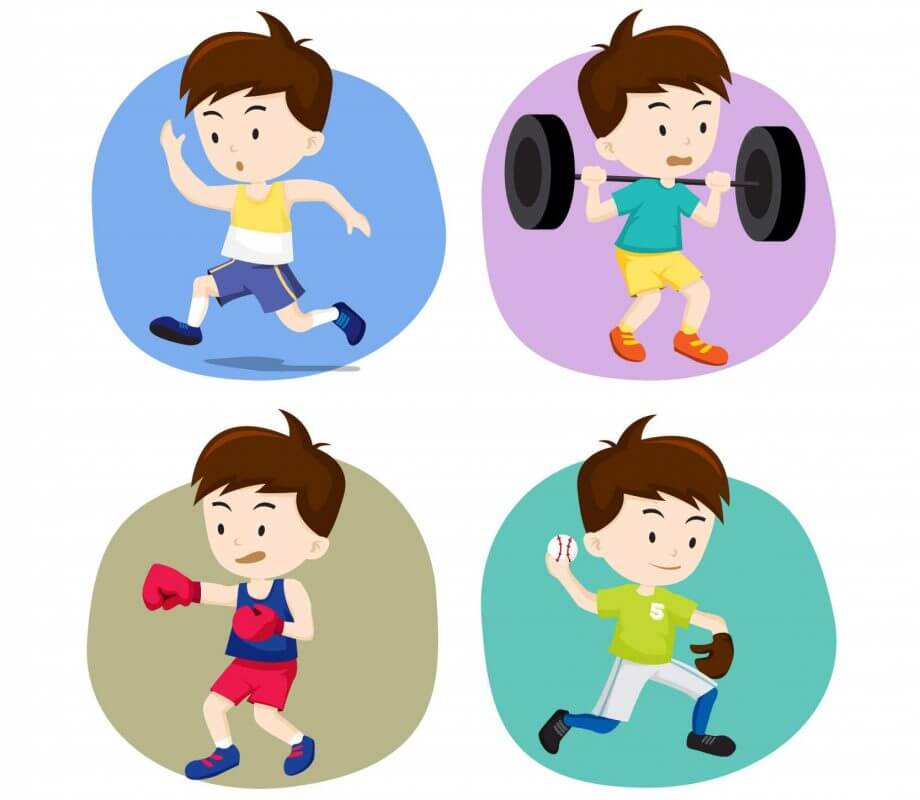
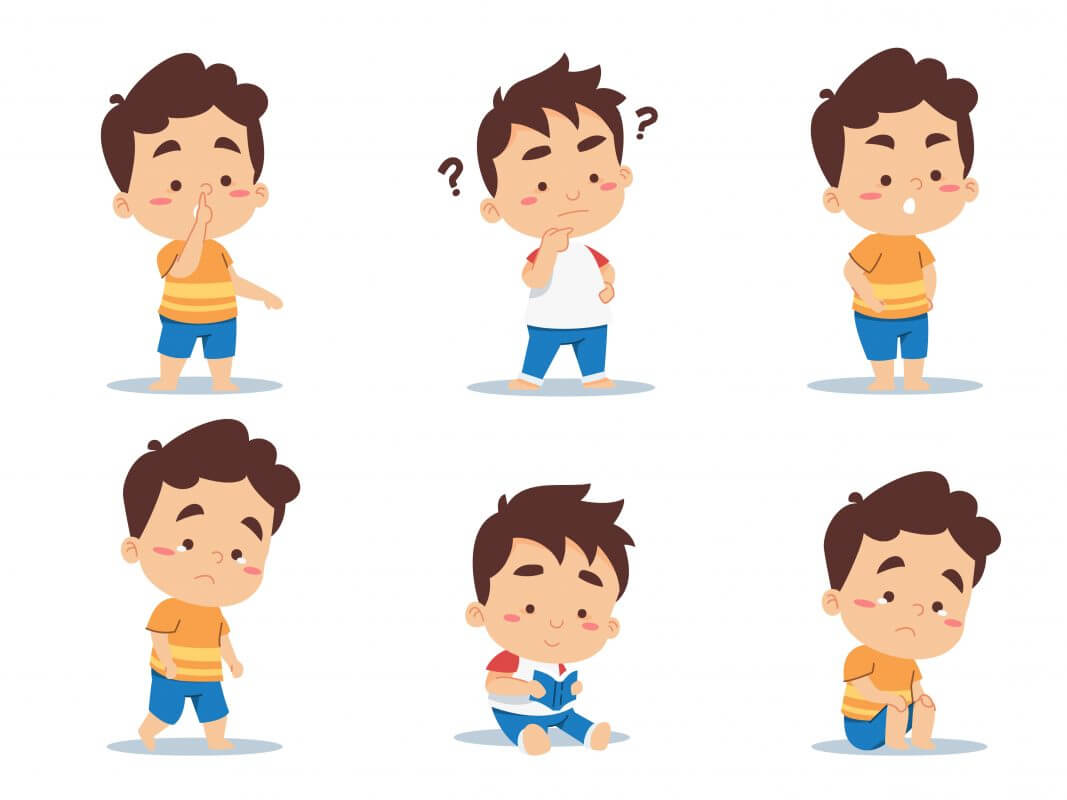
- Social and Emotional Development: This encompasses a child’s temperament and attachment. Temperament is like their intrinsic “style” and “personality,” influencing how they react to external situations. Attachment refers to the bonding between a parent/caregiver and the child, which can profoundly impact the development of trust and confidence during the first year of life.

- Cognitive Development: This area is a bit more abstract. It’s about how children gain and use knowledge, a crucial skill for their ability to think, reason and problem-solve.
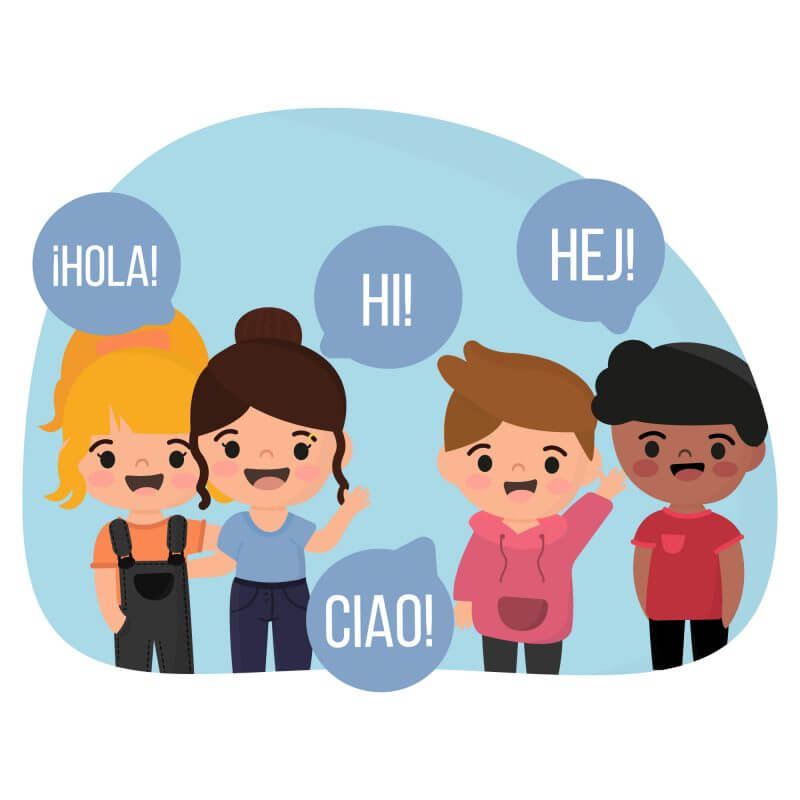
- Language (Communication) Development: This involves developing skills for communicating and interacting with others, whether through verbal or non-verbal means like body language, gestures, or spoken language.
- Additionally, language development involves learning how to express oneself socially and understand and follow others’ instructions. It encompasses the ability to convey thoughts, feelings, and ideas effectively while also comprehending and responding to the communication of others.
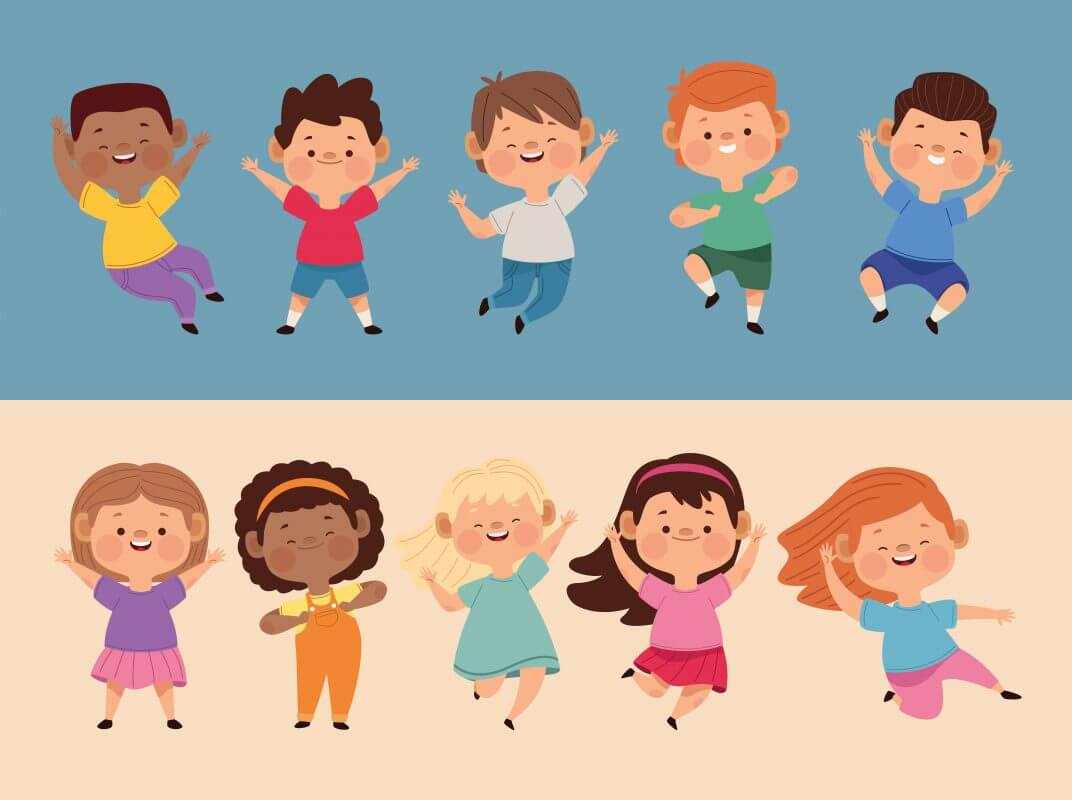
Remember, these four areas don’t develop in isolation. They usually come as a package deal, developed through daily experiences. Children develop at their own pace, so it’s important to be patient when they’re acquiring new skills.
We’ve included a list of developmental milestones on this page, spanning from 2 months to 5 years old, that you can use as a reference. If you have any questions or concerns, don’t hesitate to reach out to your GP or paediatrician for guidance and feedback, especially regarding the developmental milestone domains. Your input can greatly help professionals understand your child’s needs better.
Feel free to explore our “Developmental Milestones Pages” on this site, and stay tuned for more useful information coming your way!
Berk, L. E. (2022). Infants, children, and adolescents. SAGE Publications.
Bjorklund, D. F. (2022). Children′ s thinking: Cognitive development and individual differences. Sage publications.
Centers for Disease Control and Prevention. (2023). CDC’s Developmental Milestones. doi: https://www.cdc.gov/ncbddd/actearly/milestones/index.html/.
HealthHub. (n.d.). Is My Child Development Normally?. DOI: https://www.healthhub.sg/
Malik F, Marwaha R. Developmental Stages of Social Emotional Development In Children. In: StatPearls. StatPearls Publishing, Treasure Island (FL); 2022. PMID: 30521240.
NHS. (n.d.) Child Development Milestones. doi: https://www.cambscommunityservices.nhs.uk/advice/staying-safe/childhood-development/milestones/.
Smet. N & Lucas. C.A. (2015). Occupational Therapy View of Child Development. In J Case-Smith & J.C. O’Brien. (2015). Occupational therapy for children and adolescents. St. Louis, Missouri: Elsevier.
SBCC. (2022). Developmental milestone checklist. doi: https://www.sbcc.sg/developmental-milestone-checklist/.
